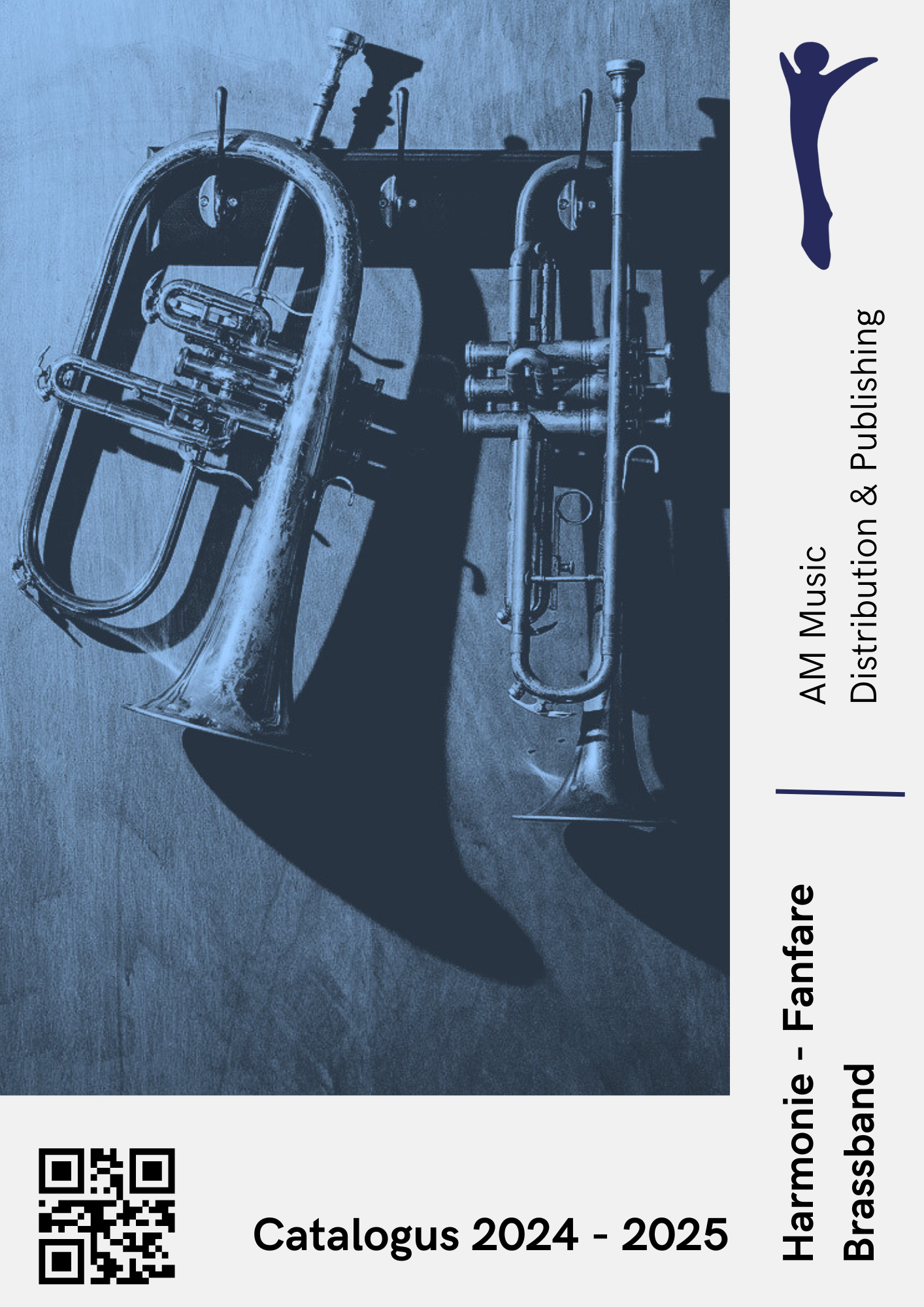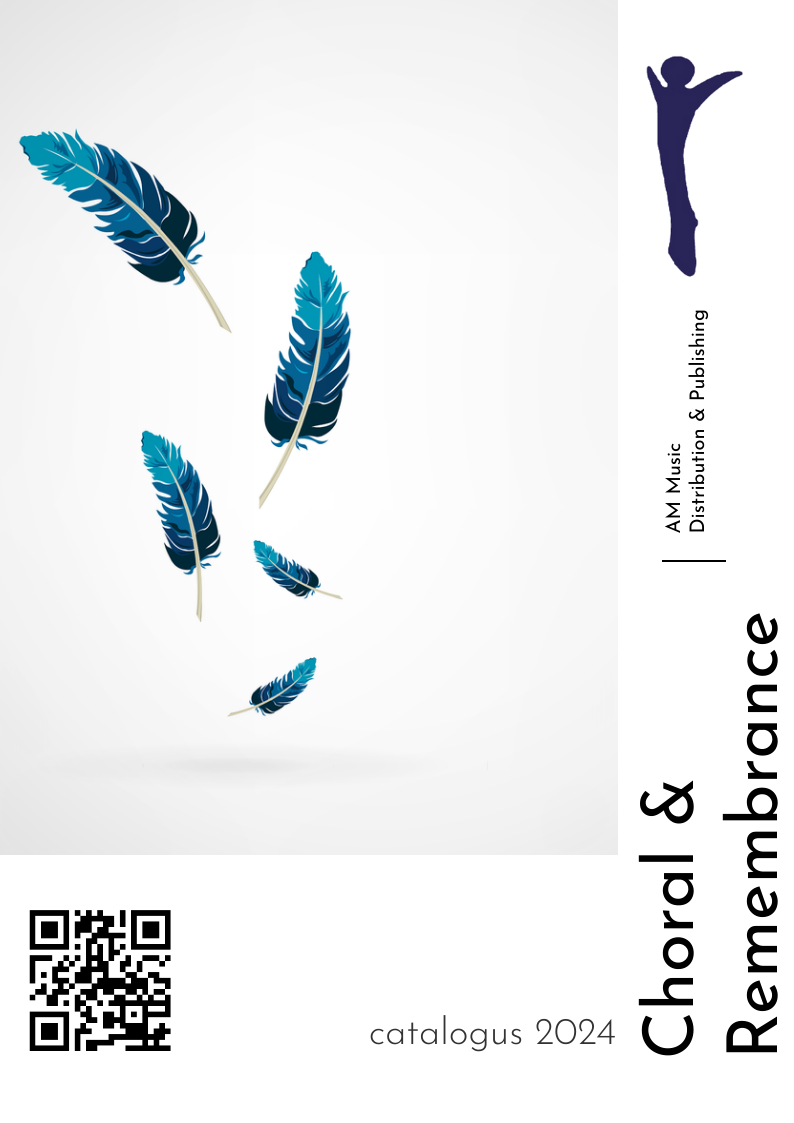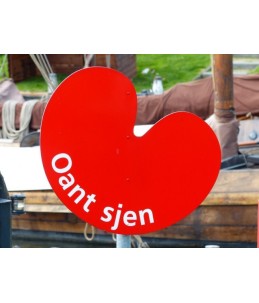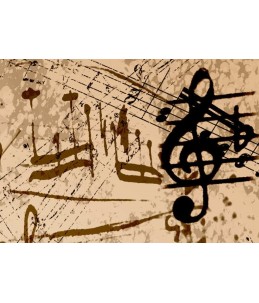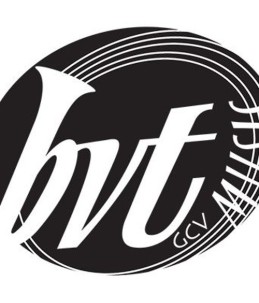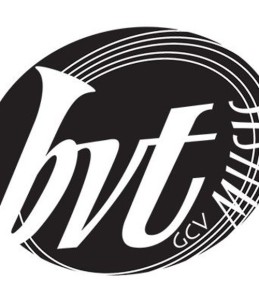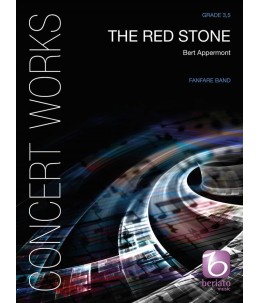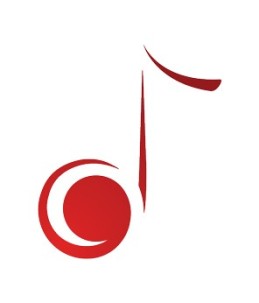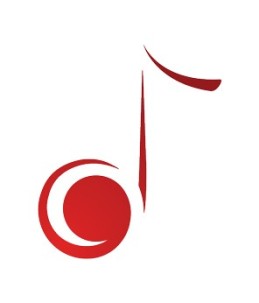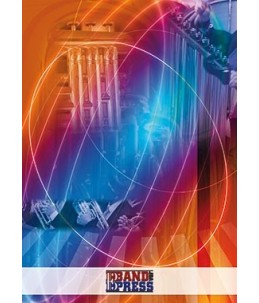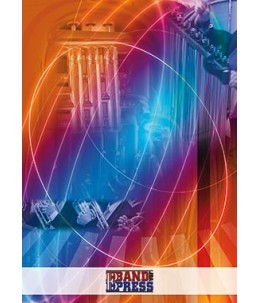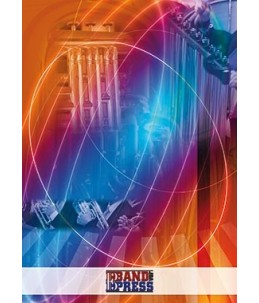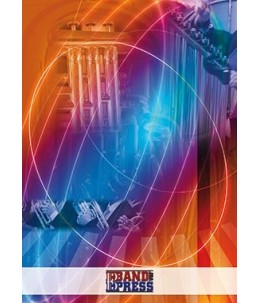
-
-
Balletti di Gastoldi€89.00
Get acquainted with the music of this 16th century Italian composer Giovanni Gastoldi in this beautiful sounding arrangement.
-
Call for Liberty€82.03
Muzikanten over de hele wereld roepen op tot vrijheid om weer op te treden. Ik heb dit stuk ook geschreven ter ere van alle helden tijdens de Covid-19-crisis.
-
-
-
-
-
-
-
Salut d’Amour€117.00
Salut d’Amour, originally written for violin and piano, is a work from Elgar’s early years as a composer. A classic of the salon repertoire, it was for many years one of his most played pieces.
-
Chanson de Matin€78.50
Chanson de Matin (Morning Song), op. 15, no. 2, was composed by Edward Elgar for violin and piano. During 1897, Elgar first became acquainted with A J Jaeger, the Novello's employee who became Nimrod of the Enigma Variations.
-
Chanson de Nuit€78.50
During 1897, Elgar first became acquainted with A J Jaeger, the Novello's employee who became Nimrod of the Enigma Variations. In October 1897, Elgar, who by this time already had a number of comparative successes under his belt, wrote to Jaeger bemoaning the lack of financial reward he had received for his works.
